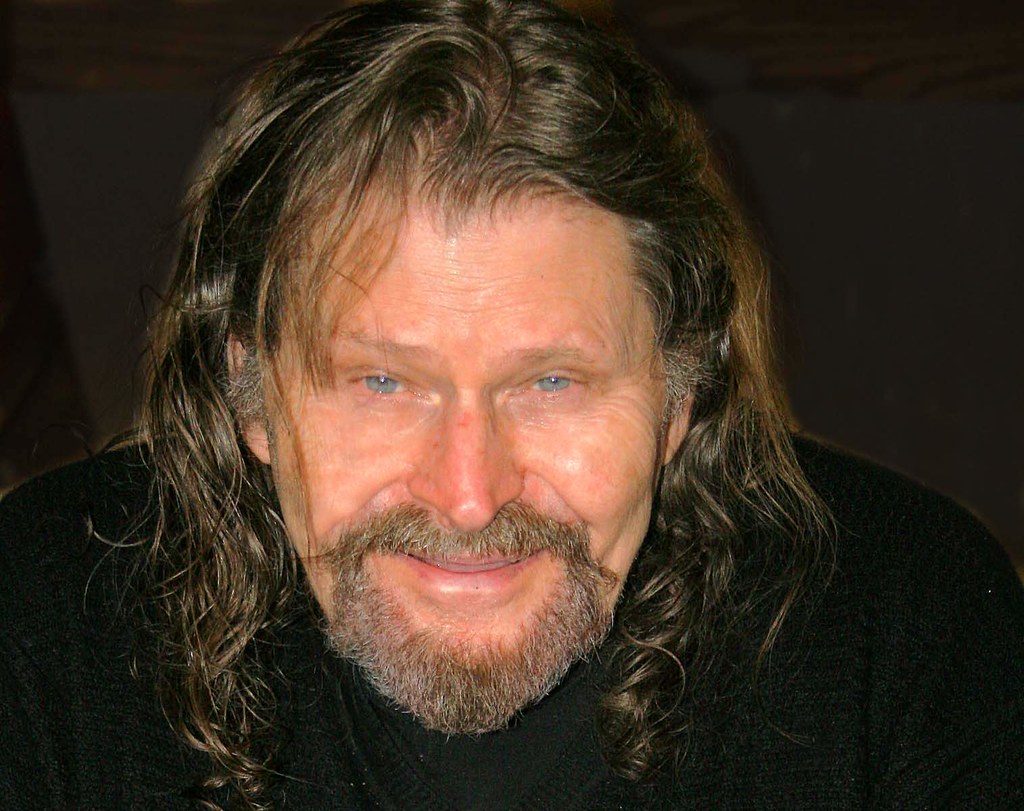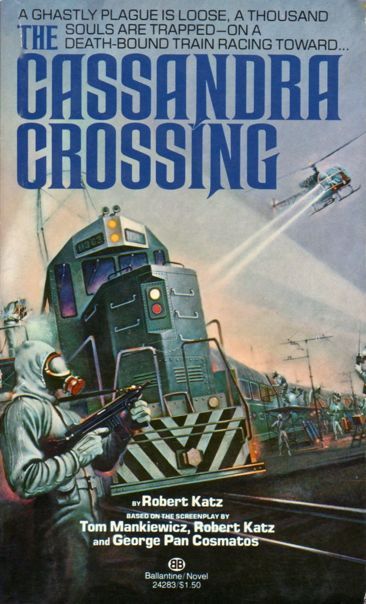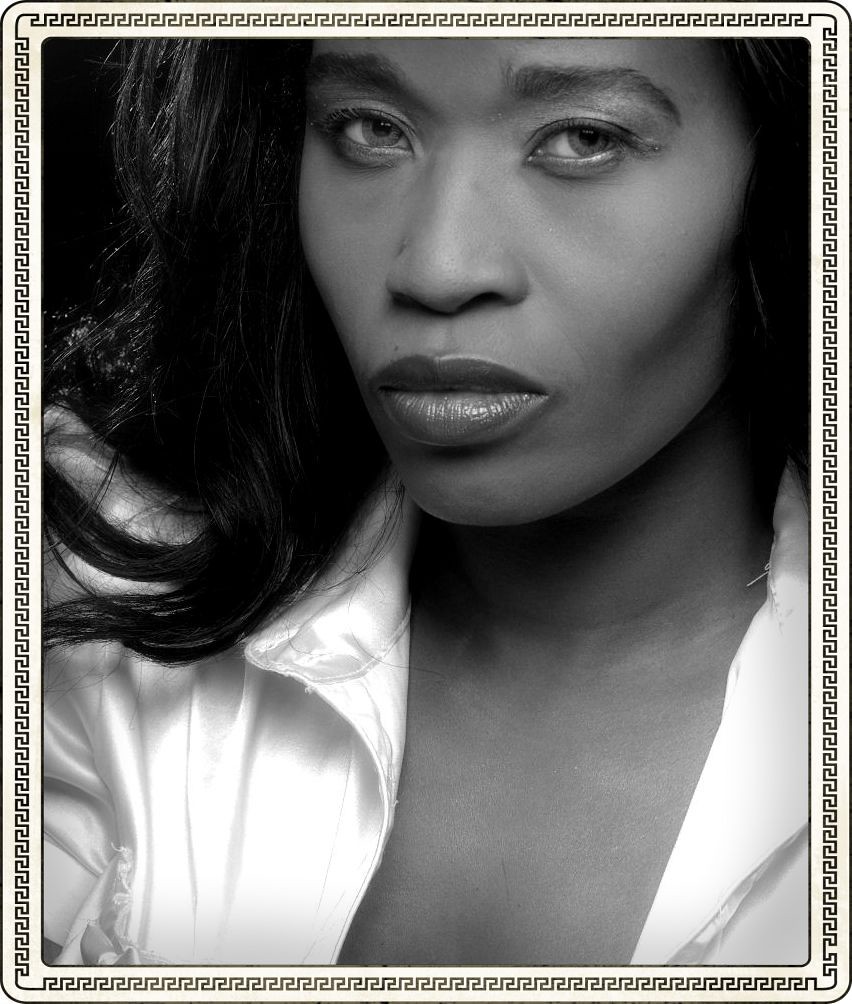
The world of film and television has been undeniably enriched by the extraordinary talent of Black actresses who, despite confronting significant systemic barriers, have consistently delivered performances that resonate deeply and leave an indelible mark on our collective consciousness. From their pioneering efforts to break through the color lines of early Hollywood to their contemporary triumphs in diverse roles, these women have not merely acted; they have trailblazed, advocated, and fundamentally reshaped the cinematic landscape.
This isn’t just a list; it’s a journey through resilience, artistic brilliance, and cultural impact. Each actress featured here has contributed to a richer tapestry of storytelling, challenging preconceived notions and bringing nuanced, complex characters to life that reflect the multifaceted experiences of Black womanhood. Their work extends beyond the screen, often catalyzing discussions about representation, equity, and the power of authentic voice in an industry that has historically marginalized them.
Prepare to dive deep into the careers of some of the most profound talents to ever grace the silver screen. We’re not just listing names; we’re dissecting moments, celebrating breakthroughs, and acknowledging the sheer force of will it took for these women to not only survive but to thrive and excel. Their stories are a testament to the transformative power of art and the enduring spirit of those who refuse to be confined by the narrow imaginations of others. Let’s begin our exploration of these cinematic titans.
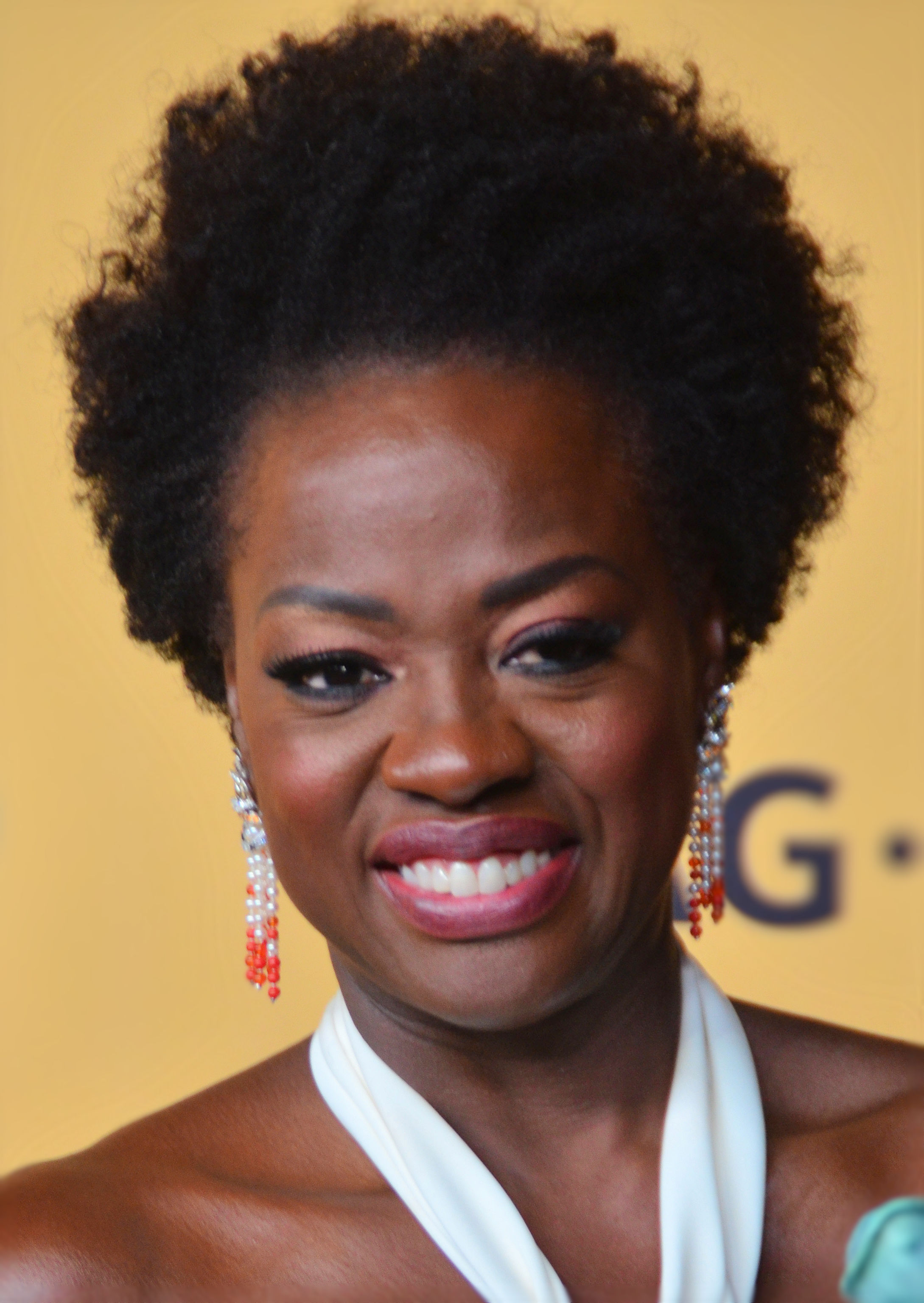
1. **Viola Davis**Viola Davis’s journey from the depths of extreme poverty to achieving the coveted Triple Crown of Acting, becoming the first Black performer to do so, is a testament to her sheer determination and unparalleled talent. Her performances are not just portrayals; they are seismic events, showcasing a raw emotional depth that few can match. Take her Oscar-winning turn in *Fences*, for instance, where she didn’t just play Rose Maxson; she *became* her, every line delivered with the weight of a life lived and every emotion laid bare.
Beyond the big screen, Davis’s portrayal of Annalise Keating in *How to Get Away with Murder* was a masterclass in complexity. She delivered a character study that shattered countless stereotypes about Black women on television, presenting a figure of immense power, vulnerability, and moral ambiguity that was utterly captivating. Her ability to inhabit such a intricate role for years solidified her status as a force to be reckoned with.
What truly elevates Davis beyond her acting prowess is her unwavering commitment to advocacy. She speaks candidly and passionately about industry inequality, using her platform to push Hollywood towards creating more meaningful opportunities for Black actresses. Her voice is as powerful off-screen as it is on, continuously working to expand the canvas of Black womanhood in cinema and set new standards for excellence.
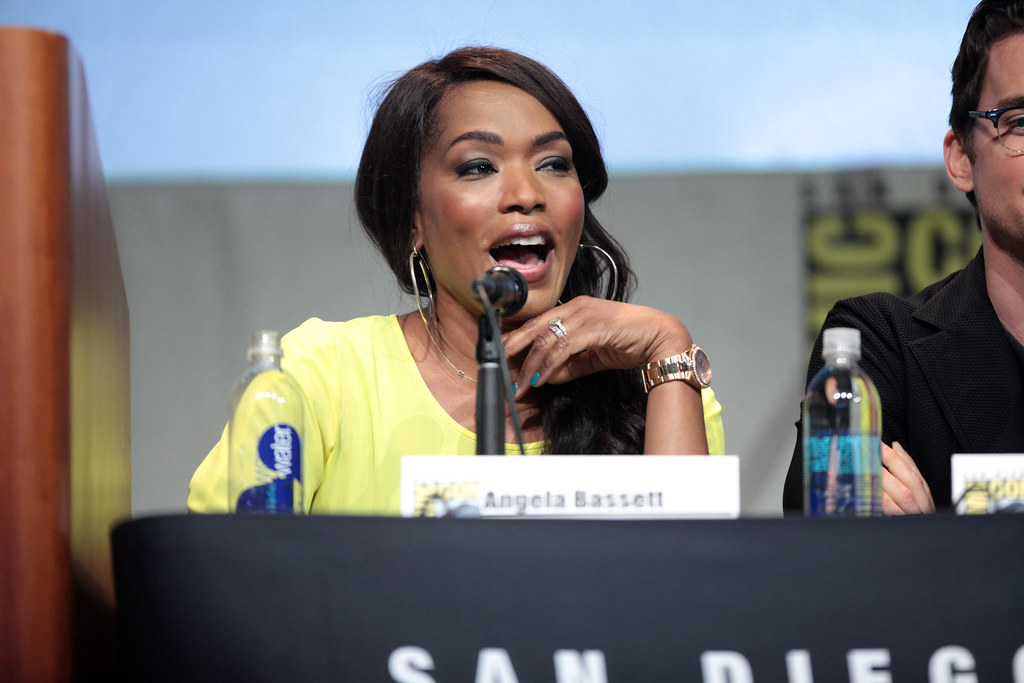
2. **Angela Bassett**Angela Bassett has a remarkable ability to electrify audiences, a trait perfectly encapsulated by her volcanic portrayal of Tina Turner in *What’s Love Got to Do With It*. Her performance set a towering standard for biographical roles, characterized by an astonishing physical transformation and an emotional intensity that captivated viewers and earned her an Oscar nomination. It was a career-defining moment that firmly established her reputation for excellence.
Bassett also gave us one of cinema’s most iconic moments of female empowerment in *Waiting to Exhale*, where her character, Bernadine Harris, symbolically (and literally) set her cheating husband’s car ablaze. This scene, steeped in righteous anger and catharsis, became a cultural touchstone, embodying a powerful declaration of self-worth and resilience that resonated deeply with audiences.
Her regal presence found new life and reached new generations as Queen Ramonda in *Black Panther*, a role that introduced her majestic dignity to a global audience. Her performance in the sequel, *Black Panther: Wakanda Forever*, culminated in a historic Oscar win, further validating her enduring appeal and consistent ability to imbue her characters with profound strength and gravitas.
Known for her seemingly ageless beauty and sculpted physique, Bassett brings an unmistakable dignity and formidable strength to every character she portrays. Whether she’s embodying real-life icons or fictional royalty, her performances are always grounded in a powerful authenticity that makes her a consistently compelling presence on screen, inspiring audiences worldwide with her commanding roles.
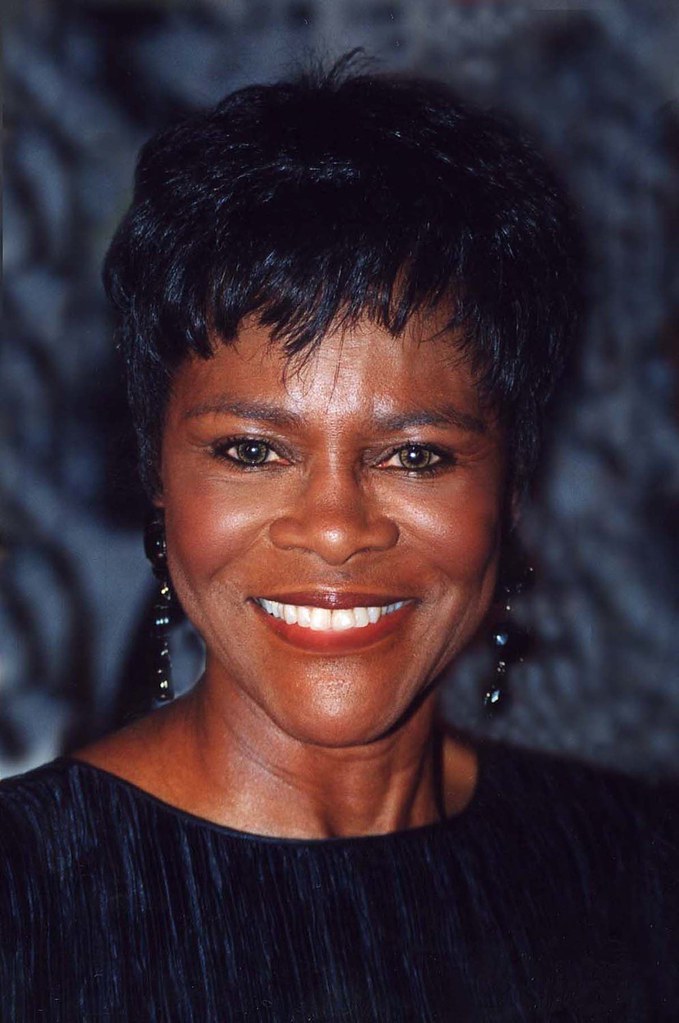
3. **Cicely Tyson**Born in Harlem to Caribbean immigrants, Cicely Tyson’s career was less about seeking fame and more about transforming Hollywood’s landscape through principled refusal. She steadfastly rejected roles that she felt demeaned Black women, a revolutionary stance in an era when such roles were often the only ones available. Her groundbreaking performance in *Sounder* in 1972 earned her an Oscar nomination, a powerful challenge to the prevailing industry stereotypes of the time.
Tyson’s portrayal of a 110-year-old former slave in *The Autobiography of Miss Jane Pittman* was a breathtaking display of her remarkable range and unwavering commitment to authentic storytelling. This Emmy-winning performance saw her age decades on screen with incredible realism and emotional depth, cementing her legacy as an actress who sought out and excelled in roles that honored the complexity and history of Black lives.
Indeed, throughout her seven-decade career, Tyson remained incredibly selective about her roles, famously waiting nearly two decades between film projects rather than compromise her deeply held principles about representation. This commitment to quality over quantity, and authenticity over expediency, is a cornerstone of her profound legacy, solidifying her as an icon who demanded and achieved respect for Black women on screen.

4. **Dorothy Dandridge**Dorothy Dandridge shimmered on screen during Hollywood’s Golden Age, a period when opportunities for Black actresses were severely limited and often confined to stereotypical portrayals. Her magnetic performance in *Carmen Jones* made history in 1954, earning her the distinction of becoming the first Black woman ever nominated for the Best Actress Oscar. It was a watershed moment, breaking a significant barrier in an industry reluctant to acknowledge Black leading ladies.
Despite her undeniable talent, stunning beauty, and captivating screen presence, Dandridge struggled profoundly against the pervasive racism of the industry. She often found herself in an impossible position, perceived as too light-skinned for stereotypical “Black roles” yet systematically barred from securing leading roles opposite white actors. This cruel paradox underscored the deeply entrenched racial prejudices of the time.
Her career, brimming with immense promise, was tragically cut short by her untimely death at the age of 42. It’s a somber reminder of the immense pressures and systemic obstacles faced by Black performers during that era, and the emotional toll such struggles could take. Her grace under pressure and her sheer resilience made her a trailblazer in a segregated industry.
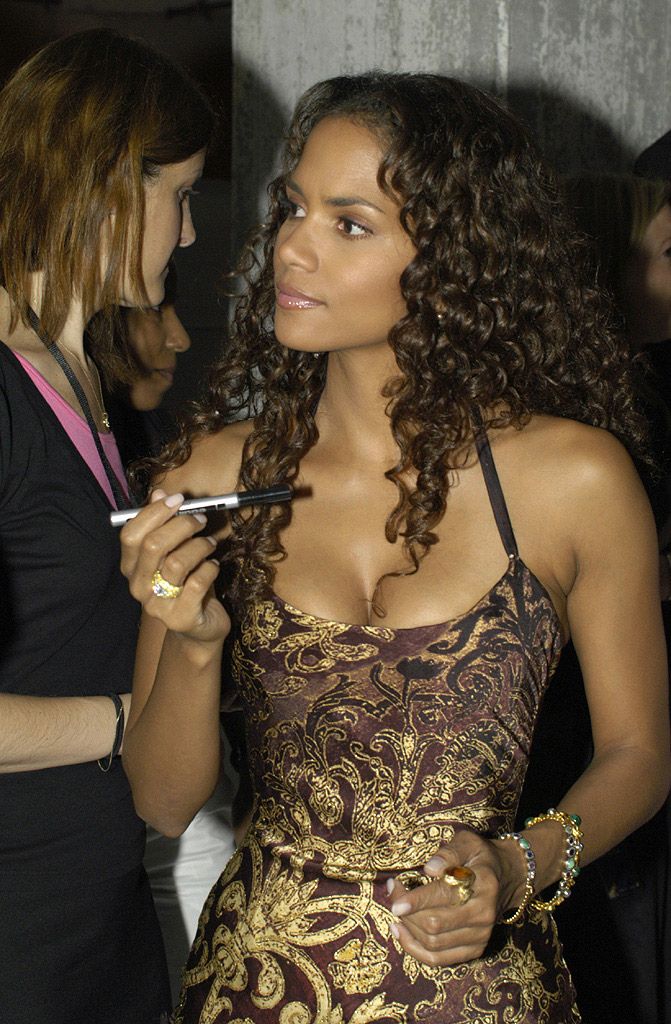
5. **Halle Berry**Halle Berry’s emotional acceptance speech at the 2002 Academy Awards marked a truly watershed moment in cinematic history. As she became the first—and still, only—Black woman to win Best Actress, her raw, vulnerable performance in *Monster’s Ball* wasn’t just critically acclaimed; it was groundbreaking, showcasing her willingness to take immense creative risks and delve into complex, challenging material that others might shy away from.
Berry’s career demonstrates a skillful balance between commercial blockbusters and demanding dramatic roles. While audiences thrilled to her portrayals in action-packed films like *X-Men* as Storm, making her one of the first Black superheroines in major studio films, and as a Bond girl Jinx in *Die Another Day*, she never shied away from roles that required significant emotional depth and vulnerability.
Despite facing significant industry challenges and the infamous “Oscar curse” after her historic win, Berry persevered with characteristic determination. She eventually moved into directing with *Bruised*, a film in which she also starred, further expanding her artistic influence and demonstrating her enduring commitment to storytelling in Hollywood. Her trailblazing career continues to inspire, showcasing resilience and artistic evolution.
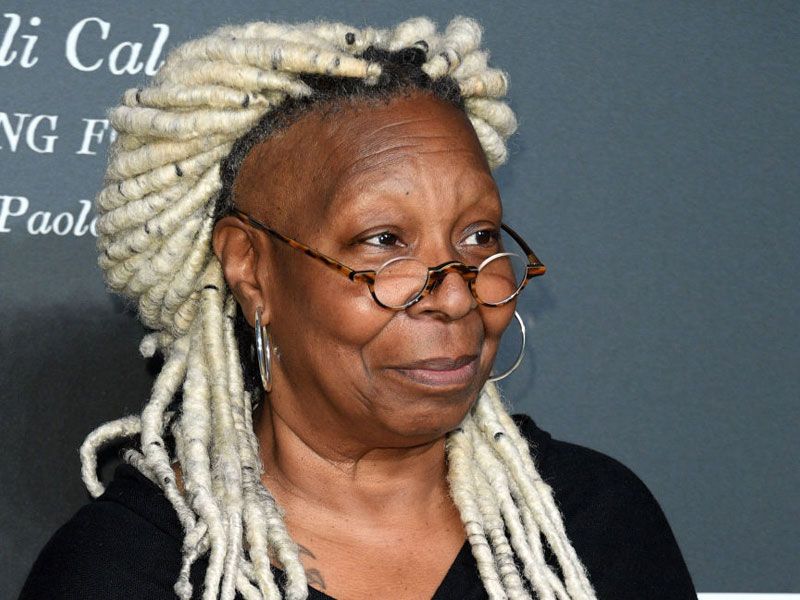
6. **Whoopi Goldberg**Whoopi Goldberg burst onto the scene with an undeniable force, first captivating audiences with her critically acclaimed one-woman Broadway show before Steven Spielberg famously cast her in the career-defining role of Celie in *The Color Purple*. Her remarkable ability to blend profound humor with searing heartbreak in that role earned her an Oscar nomination and announced the arrival of a major, multifaceted new talent who could effortlessly navigate both comedy and drama.
Goldberg’s supernatural turn in *Ghost* not only showcased her comedic timing but also proved her immense commercial appeal, winning her an Academy Award for Best Supporting Actress. This performance cemented her status as a mainstream star, capable of delivering laugh-out-loud moments while grounding them in genuine emotion, proving her versatility across genres.
An undisputed trailblazer, Goldberg is one of only sixteen individuals to achieve EGOT status—winning an Emmy, Grammy, Oscar, and Tony Award—a testament to her extraordinary range and consistent excellence across multiple mediums. Her trailblazing career continues to span comedy, drama, producing, and her current role as moderator on *The View*, making her a beloved and truly singular force in entertainment.
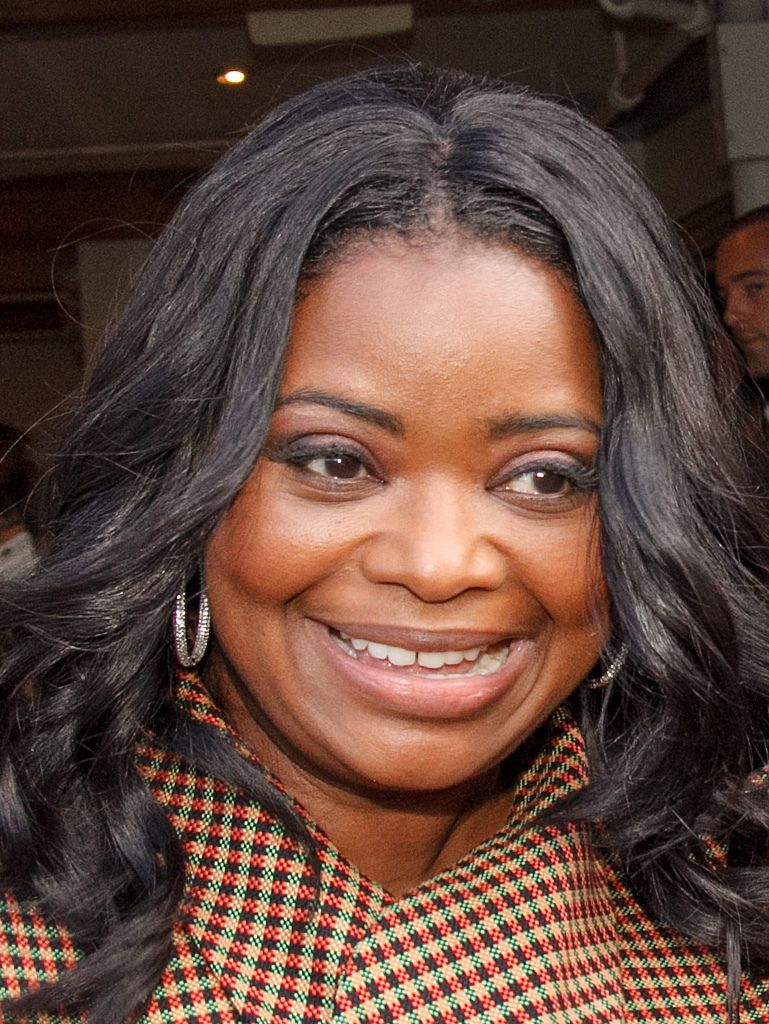
7. **Octavia Spencer**Octavia Spencer spent years honing her craft in a multitude of minor roles, steadily building a reputation for reliability and warmth, before her undeniable talent finally erupted onto the mainstream. Her scene-stealing performance as the fiery, no-nonsense Minny Jackson in *The Help* became her big break, deservedly earning her an Academy Award for Best Supporting Actress, alongside a Golden Globe and a BAFTA. Her authentic portrayal combined righteous anger with subtle vulnerability, creating an unforgettable and deeply resonant character.
Spencer’s talent truly shines brightest in ensemble films, where she often provides the grounded emotional core. In *Hidden Figures*, for instance, she portrayed NASA mathematician Dorothy Vaughan with quiet determination and immense dignity, bringing overdue recognition to an overlooked American hero. Her ability to elevate an entire production through her nuanced supporting work is a hallmark of her career.
Defying Hollywood’s often limited vision for Black actresses, Spencer has successfully moved between genres with incredible ease and skill. She’s not just a dramatic powerhouse; she has also ventured into producing and starring in horror films like *Ma*, showcasing her versatility and willingness to challenge industry expectations, proving her range extends far beyond any single archetype.

8. **Lupita Nyong’o**Lupita Nyong’o burst onto the Hollywood scene with a seismic impact, fresh out of Yale Drama School, delivering a heart-wrenching portrayal of Patsey in *12 Years a Slave*. This stunning debut performance, a masterclass in physical commitment and raw emotional depth, not only announced the arrival of a remarkable new talent but also earned her a coveted Academy Award, an almost unheard-of feat for a newcomer. Her performance resonated deeply, depicting unimaginable hardship with breathtaking authenticity.
Her career trajectory since then has been nothing short of spectacular, showcasing an incredible range and a discerning eye for impactful roles. As Nakia in *Black Panther*, Nyong’o brought intelligence, grace, and formidable warrior spirit to a groundbreaking superhero film, making her character an instant fan favorite. She then stunned audiences with her chilling dual role in Jordan Peele’s *Us*, demonstrating an unparalleled versatility in embodying both a protective mother and a terrifying doppelgänger, a performance that required immense skill and nuance.
Beyond her captivating work on screen, Nyong’o is a powerful champion for representation and cultural storytelling. She actively brings attention to African narratives through her thoughtful project selections and has even ventured into children’s literature with her book *Sulwe*, which promotes self-love and addresses colorism. Her elegance and unwavering commitment to amplifying diverse voices have solidified her status as a global icon, whose influence extends far beyond her brilliant acting.
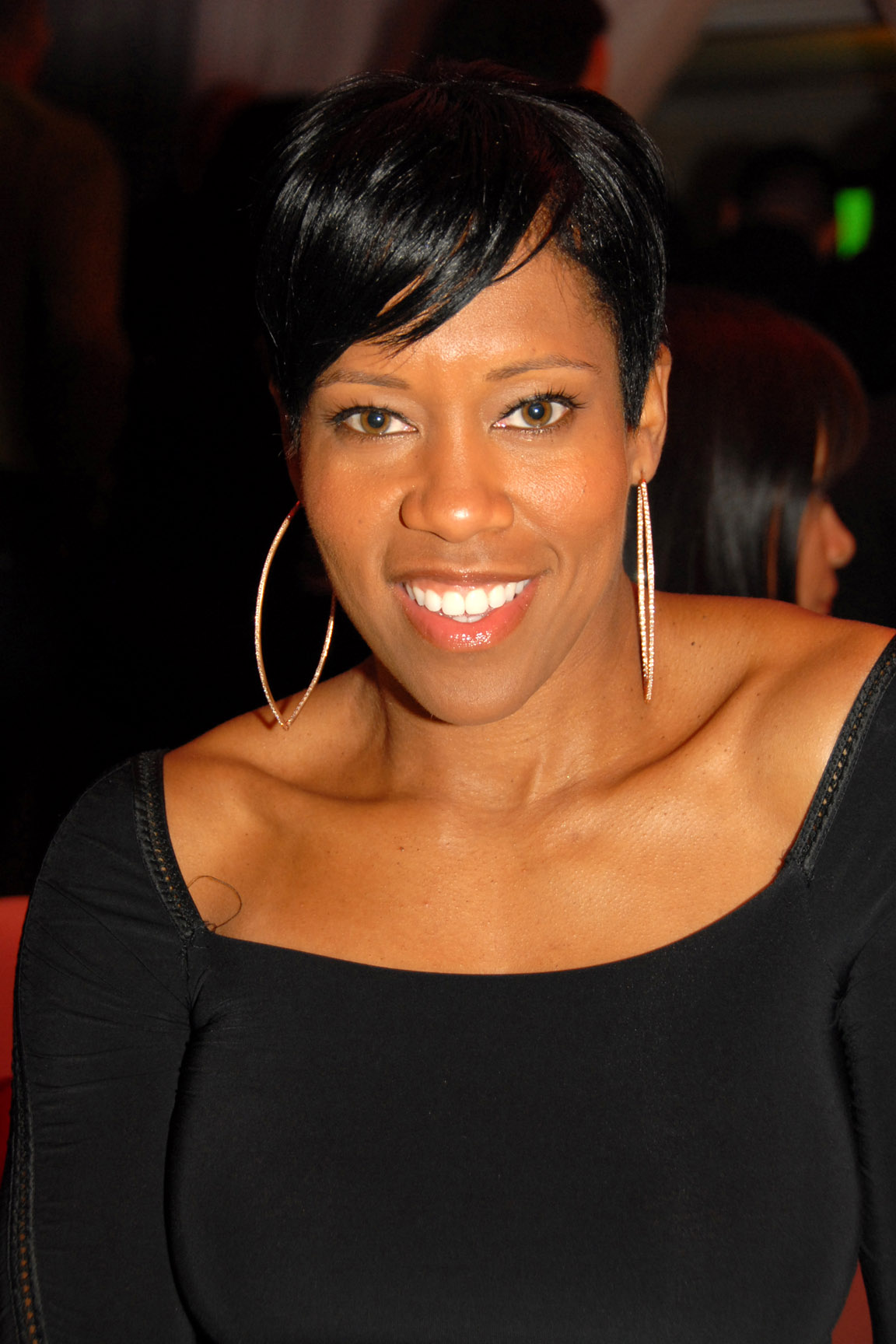
The collective brilliance of these Black actresses forms an undeniable tapestry of talent, resilience, and groundbreaking artistry. From pioneering figures who broke through Hollywood’s most entrenched color barriers to contemporary stars who are redefining representation in the 21st century, their legacies are not merely about individual achievements; they are about a collective movement that has irrevocably reshaped cinema. Each performance, each role, and each stand taken has contributed to a richer, more authentic storytelling landscape, proving that true artistry transcends all obstacles.



